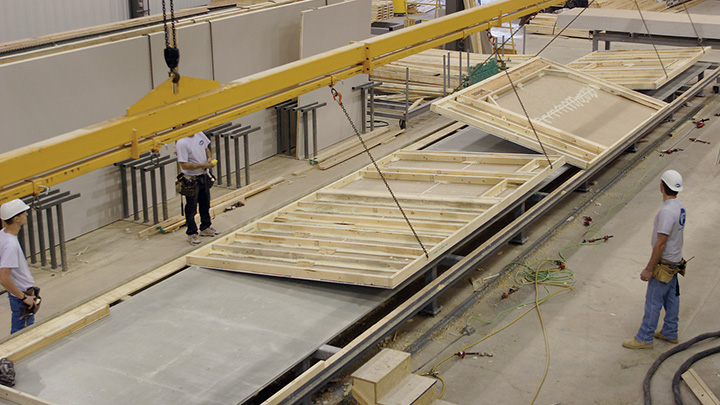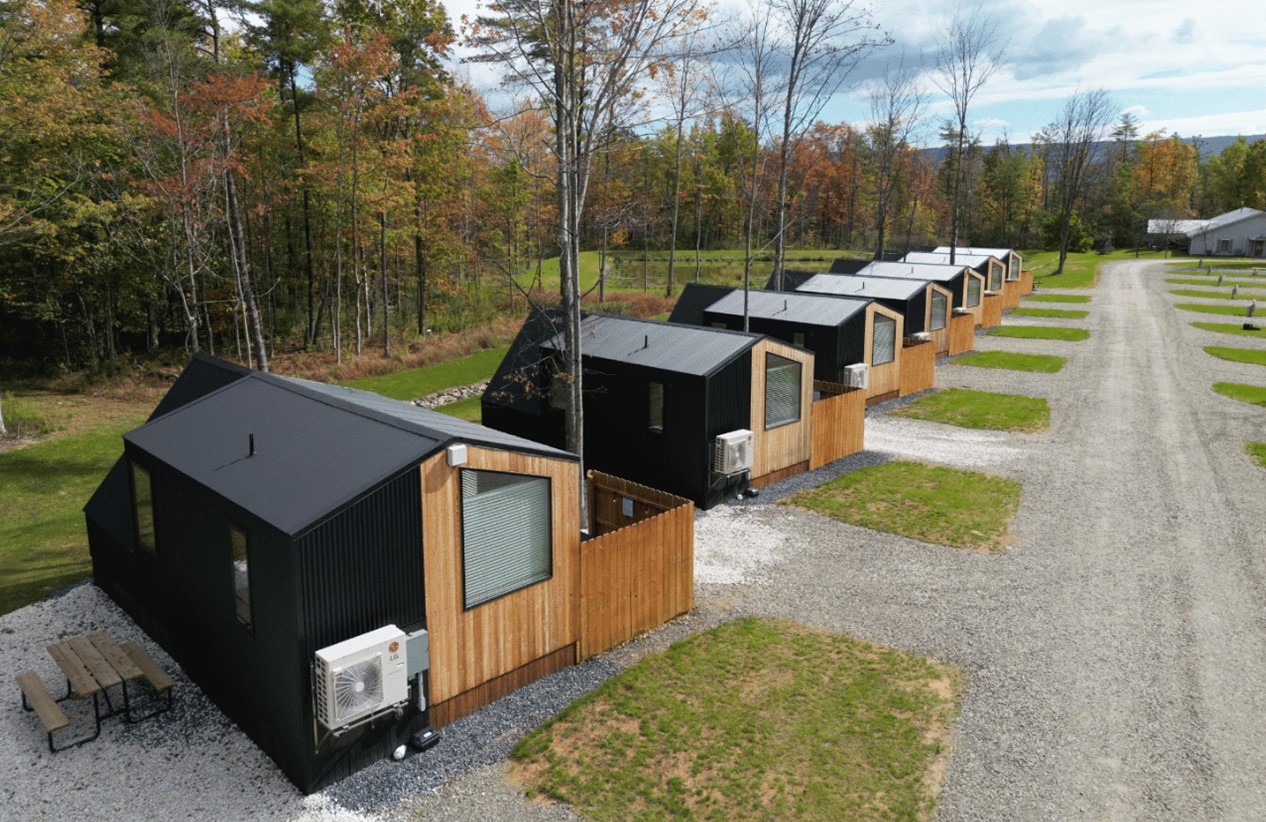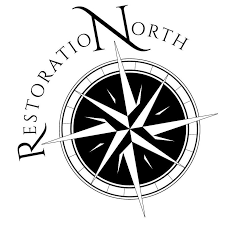In a quiet corner of East Vancouver, something big is happening—on a tiny scale. A project from local developer Urban Homestead has set its sights on transforming the way cities think about density, affordability, and dignity in housing. At the heart of this initiative is a collection of charming, modern tiny homes built not just to house people, but to reimagine what “home” looks like in the face of rising costs and land scarcity.

Where others see limitations, this project sees opportunity: 17 detached cottages, each under 700 square feet, nestled together in a thoughtfully designed community on a single parcel of land. But this isn’t a dorm-style compromise. These homes offer privacy, comfort, and style—proving that smaller footprints don’t require smaller dreams.
“We want to break the idea that higher density means lower quality,” said Ben Baird, the project’s developer. “This isn’t about squeezing people into boxes—it’s about giving them beautiful, attainable homes in thriving neighborhoods.”
What makes this project truly innovative is its zoning backstory. The homes are being built on a single lot under a unique “co-housing” designation. Rather than pursuing traditional subdivision permits, which can be cost-prohibitive and politically fraught, Urban Homestead worked within city codes to use a condominium-style legal structure—treating each home as a separate unit with shared common space. The result? Efficient land use with a human-centered design.

Derek Huegel
“People often say, ‘I want to live in a neighborhood, not a project,’” said Derek Huegel, co-founder of Urban Homestead. “That’s exactly what we’re creating—a place that feels like home, not compromise. It’s the kind of housing that builds community from the ground up.”
Buyers, expected to be a mix of singles, couples, and downsizers, can purchase these homes for around $300,000—well below the average price for new construction in the area. And with a communal green space and walkability to local amenities, it’s the kind of living that could appeal not just to those seeking affordability, but to those seeking connection.
If this pilot proves successful, East Vancouver may find itself a national model for how zoning, design, and mission-driven development can align to create affordable housing without sacrificing charm or community spirit.
Credit: Original reporting by Calley Hair for The Columbian, June 9, 2025.
Read the full article












